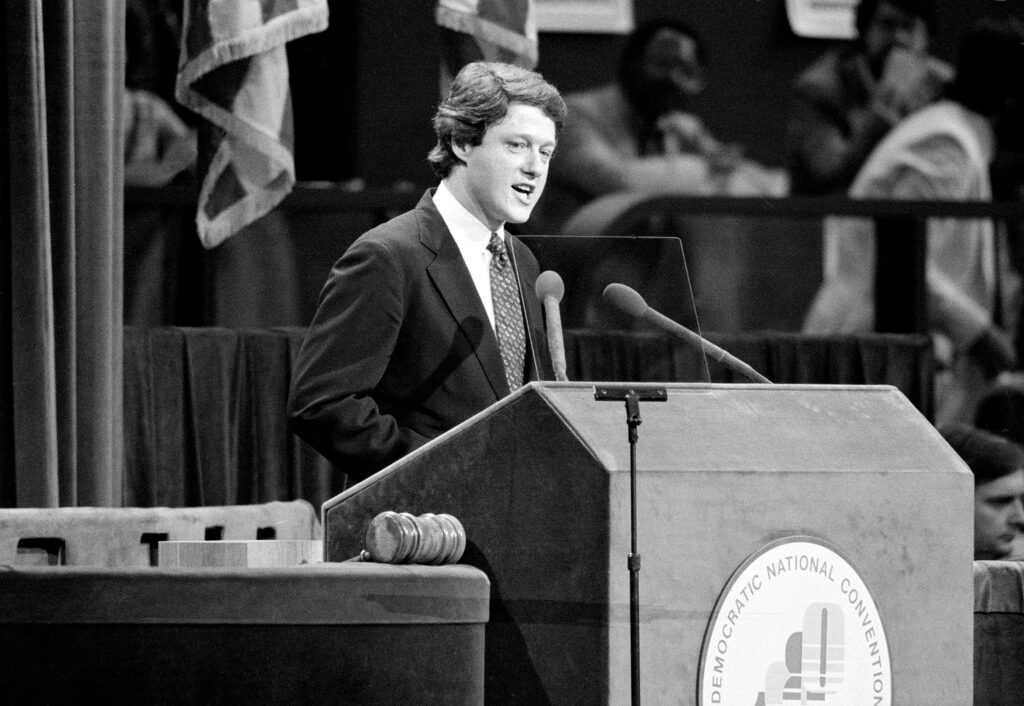
Introduction
Bill Clinton, the 42nd President of the United States, served from 1993 to 2001, shaping the nation with his distinct policies and charisma. Understanding his role and impact is vital as the United States navigates contemporary challenges. From economic reforms to social policies, Clinton’s presidency marked a significant era in American history that continues to resonate today.
Key Policies and Achievements
One of the hallmark achievements of Clinton’s presidency was the passage of the North American Free Trade Agreement (NAFTA) in 1993. This agreement aimed to eliminate trade barriers between Canada, Mexico, and the United States. While it boosted trade and economic growth, critics argue it contributed to job losses in certain industries, showcasing the complexities of globalization.
Additionally, during his tenure, Clinton implemented welfare reform through the Personal Responsibility and Work Opportunity Reconciliation Act of 1996. This law overhauled the welfare system, instituting work requirements and limiting the duration of benefits. Advocates argue that it encouraged self-sufficiency, while opponents feel it unduly harmed the most vulnerable.
On the economic front, Clinton presided over one of the longest periods of peacetime economic expansion in U.S. history, leaving office with a budget surplus for the first time in decades. His administration’s focus on fiscal responsibility, combined with increasing technology the boom of the 1990s, contributed to significant job creation.
Challenges and Controversies
Despite his noted achievements, Clinton’s presidency was marred by significant controversies, most notably the Monica Lewinsky scandal. The scandal ultimately led to his impeachment by the House of Representatives in 1998 on charges of perjury and obstruction of justice. Although he was acquitted by the Senate and completed his second term, the affair critically invaded public perception of his presidency and left a lasting mark on his legacy.
Conclusion
Bill Clinton’s presidency was a complex interweaving of significant accomplishments and notable challenges. His economic stewardship and policy initiatives have had lasting effects on American society, while his personal scandals serve as a reminder of the complexities of leadership. As discussions about political accountability and public service continue to evolve, Clinton’s legacy remains an important touchstone for future generations. His ability to navigate a polarized political landscape offers lessons still relevant in today’s political climate, urging a consideration of both the benefits and pitfalls of governance.



